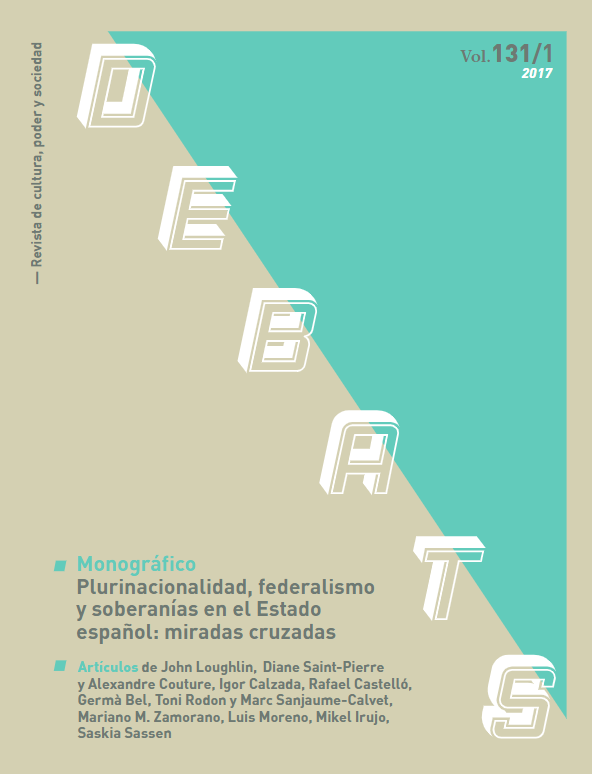Culture, language and cultural diversity in minority nations: The cases of Québec and Catalonia, shared… territories?
Abstract
Since the adoption of the UNESCO Convention on the Protection and Promotion of the Diversity of Cultural Expressions in 2005, cultural diversity is said to have become a central goal in many ratifying countries’ public policies. While differences among countries have been acknowledged when it comes to its recognition, what about minority nations that have been working for decades to develop a «societal culture», one legitimized by the value of their cultural and linguistic belonging? Is there a gap when it comes to policy instruments implemented over the decades to ensure the fulfillment of a particular culture and language? In this paper, we focus on the political culture and related areas (language, education and immigration in particular) which are also linked to the issue of cultural diversity in Quebec and Catalonia, two minority nations, which, as democratic societies entitled to parliamentary and governmental autonomies, also have the duty to protect, valorize, and support minorities and ethno-cultural groups established on their territories.
Downloads
Downloads
Published
How to Cite
Issue
Section
License
Without prejudice to the provisions of article 52 of Spanish Law 22/1987 of November 11 on Intellectual Property, BOE (official state bulletin) of November 17, 1987, and pursuant to said legislation, the author(s) surrender(s) free of charge its rights of edition, publication, distribution and sale of the article, for its publication in Debats. Journal on Culture, Power and Society.
Debats. Journal on Culture, Power and Society is published under the Creative Commons license system in accordance with the «Recognition - Non-Commercial (by-nc) modality: The generation of derivative works is permitted provided that commercial use is not made. Nor can the original work be used for commercial purposes».
Thus, when the author submits his/her contribution, he/she explicitly accepts this assignment of publishing and publishing rights. Authors also authorize Debats. Journal on Culture, Power and Society to include their work in an issue of the journal to be distributed and sold.











